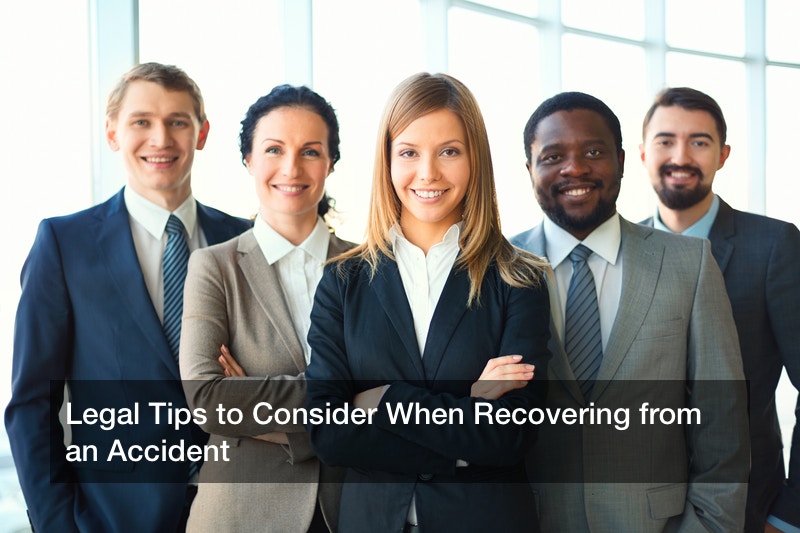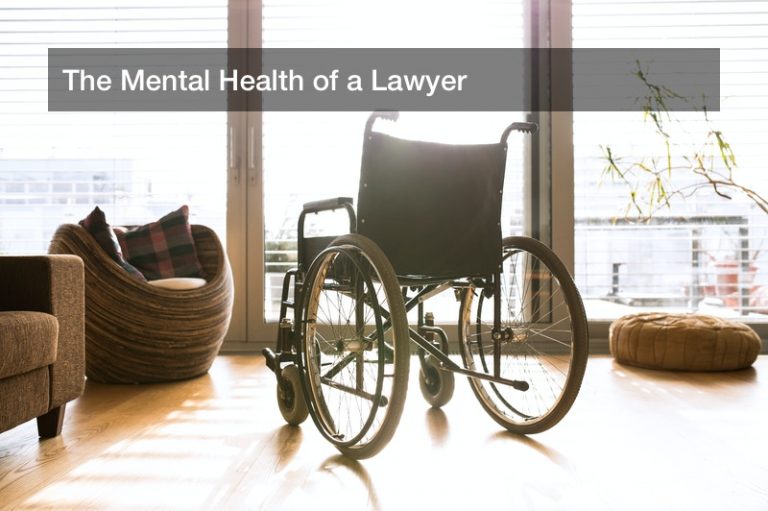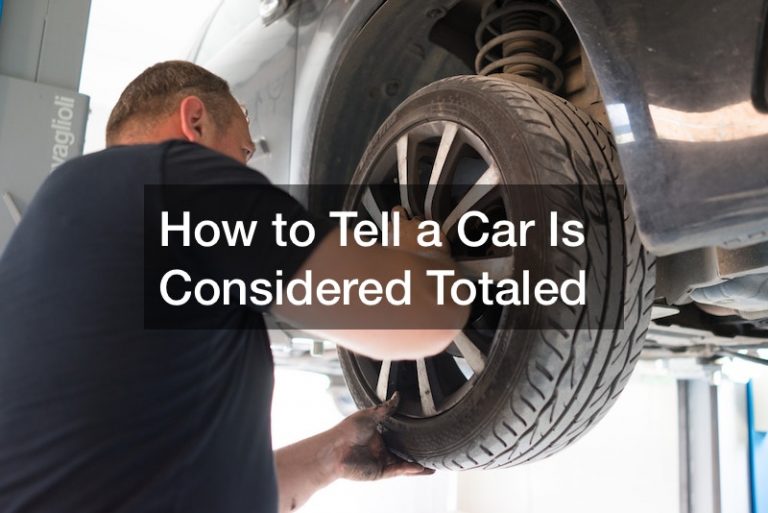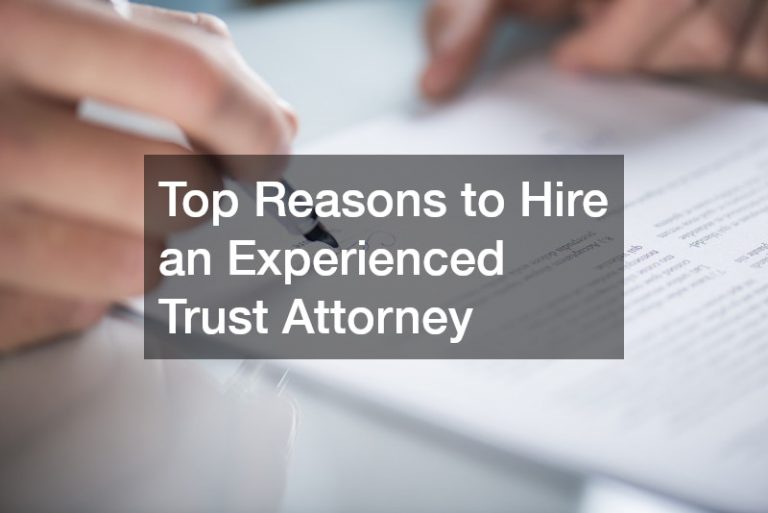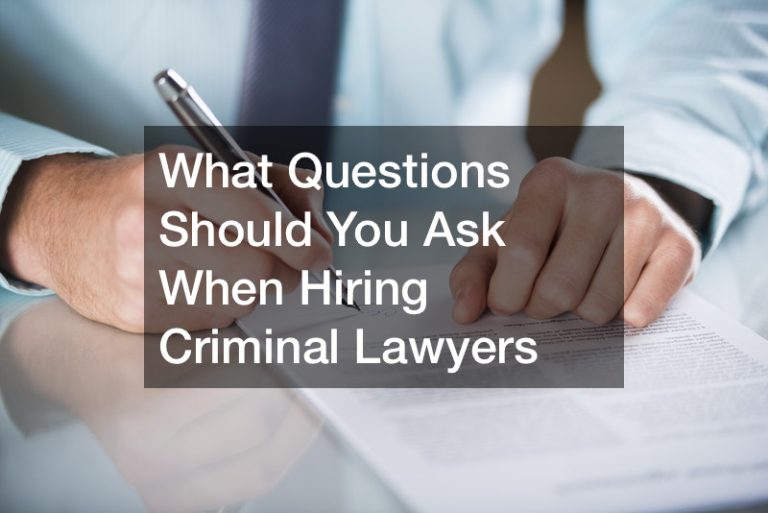Legal Tips to Consider When Recovering from an Accident

Recovering from an accident in the workplace can take a long time. During this time, you will not only need to physically recover, but you will need to protect your legal and financial interests.
This can be difficult because the very people who should help you, such as your employer and its workers compensation insurer, have an incentive to minimize your payouts. However, by being aware of your rights, recovering from an accident might be just a little bit easier.
Here are some legal tips to consider when recovering from an accident:
Report the Accident Immediately
Your employer and its workers compensation insurer only need to begin investigating a possible claim after the employer becomes aware of the accident. This can happen in a few ways:
- A supervisor or other manager may have witnessed the accident and, thus, become aware through direct observation.
- The injured employee notifies a supervisor of the accident.
- A witness to the accident notifies a supervisor.
Once the employer becomes aware of the accident, the employer must notify its workers compensation insurer of the possible claim. However, until the employer is aware of the accident, nothing can happen under its workers compensation policy.
Making your employer aware of the accident is usually straightforward. However, some on-the-job injuries accumulate over time rather than occurring in a single accident. For example, repetitive stress injuries, like carpal tunnel and stress fractures, or exposure to hazardous chemicals might occur over months or years.
Even after you report the injury, your employer’s insurer might deny your claim if it does not believe your injury was caused by your work. As a result, these cases are sometimes the most difficult cases and you might need legal assistance to receive compensation for your injuries.
Determine If You Are Covered By Workers Compensation
Every state in the U.S.has a workers compensation system that requires employers to participate in the state’s worker’s compensation insurance program. Under this program, employers are required to pay into a public workers compensation fund, buy private workers compensation insurance, or self insure.

When an employee is injured at work, workers compensation guarantees compensation as long as the employee is covered by the workers compensation law. However, this guarantee comes at a price — employees are not allowed to hire personal injury lawyers to sue their employers for on-the-job injuries. As a result, the sole remedy for most workplace injuries is limited to workers compensation.
There are a few ways to work around this rule if you feel like a lawsuit is justified as you are recovering from an accident.
- Independent contractors: Independent contractors are not covered by workers compensation. This is both good and bad. On the one hand, independent contractors are not guaranteed compensation for on-the-job injuries. On the other hand, independent contractors can hire personal injury attorneys to sue the business that hired them if they believe the business was negligent in causing their injuries.
- Deliberate safety violation: Employees in many states are allowed to sue their employer if the workplace injury was caused by a deliberate safety violation rather than mere negligence. Thus, a fall caused by a broken safety harness that was not replaced might constitute mere negligence and the employer might be protected from a lawsuit. However, a fall caused because the employer failed to provide safety harnesses in violation of state safety laws might be an intentional failure that an employee could sue for.
- Third party lawsuits: Employees are always entitled to sue non-employers for their injuries. For example, employees exposed to asbestos are entitled to sue the asbestos manufacturer even though they are not allowed to sue the employer who hired them for asbestos removal.
Despite these exceptions, the majority of workplace injuries fall under workers compensation. This is because most people are employees and will, as a result, be covered by workers compensation and excluded from suing their employers.
Receive Medical Treatments
Regardless of your injury, seek medical or dental treatments while you are recovering from an accident. A few reasons for doing this, even for minor injuries, include:
- Document the injury: You will need medical records to prove you were injured, so seeing a doctor will help you to create the records you need.
- Detect hidden injuries: You might only feel a sore neck after a fall, but a medical examination might reveal a concussion, herniated disc, or soft tissue damage.
- Determine whether you can continue work: A letter from a doctor will let your employer know if you can work and, if so, whether your activities are restricted. This is essential to make sure you are not fired while you are recovering from an accident.
Assuming your workers compensation claim is approved, your medical bills will be paid by the workers compensation insurer. If you also have health insurance, workers compensation should cover your co-pays or deductibles so you have no out-of-pocket expenses.
Apply for Wage Replacement
Most states allow workers compensation claimants to be reimbursed for medical expenses and receive at least partial wage replacement for work that you miss while recovering from an accident.

The exact procedure varies from state to state. However, the typical process would be to submit copies of your check stubs to the workers compensation insurer. The insurer would calculate your average wage and pay you a predetermined percentage of that number. For example, a state may pay up to two-thirds of your average salary. Keep in mind that some states have a cap on how much wage replacement benefits can be paid, so if you are a high income worker, you might have your wage replacement benefits capped.
In some situations, your wage replacement benefit might be miscalculated. When this happens, you might need to hire workers comp attorneys to challenge your wage replacement benefit. For example, if your wages change recently due to a promotion, your payroll records might not accurately reflect your wages. Consequently, you might need to challenge your wage replacement benefit calculation so you have adequate income while recovering from an accident.
Challenge Any Claim Denial
Unfortunately, the workers compensation insurer does not work for you. Instead, your employer pays the premiums and the workers compensation insurer pays the claims. As a result, the insurer has an incentive to deny claims and your employer has an incentive to facilitate this denial to avoid premium increases.
An insurer can deny a claim for workers compensation for a few reasons including:
- Pre-existing condition: An insurer can deny a claim if it has evidence that your injury existed before your accident rather than being caused by your accident.
- Fraud: If an insurer believes you are faking your injury, it can deny a claim.
- No causation: If your work did not cause your injury, the insurer can deny the claim. For example, if you were not working when your accident occurred, but on personal time, the insurer can deny the claim.
States handle challenges to denials differently. However, in most states, the agency that administers the workers compensation program has a review board that hears challenges to denials. These boards are usually staffed with lawyers or administrators who are experienced in workers compensation law. The insurer usually sends a lawyer to represent its interests and you can hire a workers compensation lawyer to represent your interests.
At these hearings, you are usually allowed to present evidence to explain why the denial is incorrect. For example, if the insurer alleges that you were on personal time when you were in a car accident that injured your back, you can present emails and witness testimony showing that your boss asked you to pick up office supplies. This would establish that you were on a work errand when you were injured.
Determine Your Health Insurance Benefits

While waiting for your workers compensation insurance claim, you will likely need to rely on your health insurance benefits. However, insurance benefits vary from plan to plan. This means that you will need to examine your benefits letter carefully to determine if your treatment is covered.
For example, some health insurance plans cover home health care while others do not. Moreover, health insurance plans will vary on their coverage of durable medical equipment like hospital beds and shower seats. If your doctor prescribes home health care and you require medical equipment to be able to receive the care you require, you should contact your health plan provider to make sure it is covered.
Disabled Parking Permit
Another legal issue that you will need to deal with while you are recovering from an accident is getting a disabled parking permit. In many states, a temporary permit can be obtained for people with mobility problems that will heal.
Thus, if you injure your leg, hip, or back in a workplace accident, you might be able to secure a disabled parking permit until you have fully recovered. In many states, this can be handled by having your doctor sign and submit a form stating that you require the permit.
Additionally, any mobility problems might interfere with your ability to cope with vehicle breakdowns. You might want to consider adding roadside assistance to your auto insurance while you are recovering from an accident. This will give you the peace of mind that you can call for help if your car breaks down without having to fix it yourself in a disabled state.
Roadside assistance is usually not included in a basic auto insurance policy. However, it can usually be added on when you renew your policy.
Talk to Your Insurance Broker
While you are recovering from an accident, you might want to review your insurance coverage in case your recovery takes a long time. For example, you might want to check your homeowner’s insurance policy to make sure it is up to date./p>
If your home is struck by disaster during your recovery, you might not have the income to repair your home and may need your insurance payout. If you do not have homeowner’s insurance or are under-insured, you should be able to find an affordable insurance broker.
Likewise, you might want to review your life insurance coverage to make sure it is adequate. If your health takes a turn for the worst and you die from your injuries, you will need life insurance to take care of your family.
You should also review the insurance benefits you already have. For example, if you have disability insurance, you should see if your injuries qualify you for a claim. Many disability insurance policies have a waiting period before you can receive benefits. Like workers compensation, disability insurance usually pays a wage replacement benefit that covers a predetermined percentage of your wages. This could be a lifesaver if you are not eligible for workers compensation or to supplement your workers compensation benefits.
Disability Benefits

Apart from disability insurance, there are a few ways to receive disability benefits while you are recovering from your injuries:
- Veterans disability: If you are a veteran and you have a service-connected disability you can collect VA disability benefits. For example, if you have a bad back from your time in the service and your on-the-job accident tweaked it, you can collect VA disability benefits while you are recovering from your accident. The best part about VA disability benefits is that they are not means-tested, so you can collect VA disability checks regardless of whether you also work. The negative part about VA disability is that the time to approve a VA disability claim can be years.
- Social security disability: Social security disability benefits are available when you have a disability that prevents you from working. Contrary to popular belief, you do not need to have a permanent disability to receive social security benefits. Your disability only needs to prevent you from working for at least one year. The primary drawback of receiving social security disability benefits is that you need to show that your injuries prevent you from working. If your injuries are not totally disabling you might have trouble obtaining social security benefits and may need to hire a social security disability attorney to help with your claim.
- Union member disability: Some unions provide temporary disability benefits for members who become disabled due to on-the-job accidents. The advantage of union disability benefits is that they may cover the time that you are waiting for social security benefits to be approved. The disadvantage is that they may run out quickly if your wait is long.
While life would be easier without accidents, you should still be prepared for when they happen. By definition, accidents happen without warning. If you cannot prevent it, you can at least know what to do when it happens to you.
If you are an employee, you are protected by workers compensation. This provides basic protection, but not much more than reimbursement for medical bills and partial wage replacement. If you have a personal injury claim on top of your workers compensation claim, you might be able to file a lawsuit for your injuries. There are over 1.3 million lawyers in the U.S. and many specialize in personal injury.
Similarly, if you are fortunate enough to have disability insurance or qualify for disability benefits, you may be able to supplement your workers compensation benefits to approach your pre-accident income. With all of these options, you might be able to get by while you are recovering from an accident.
